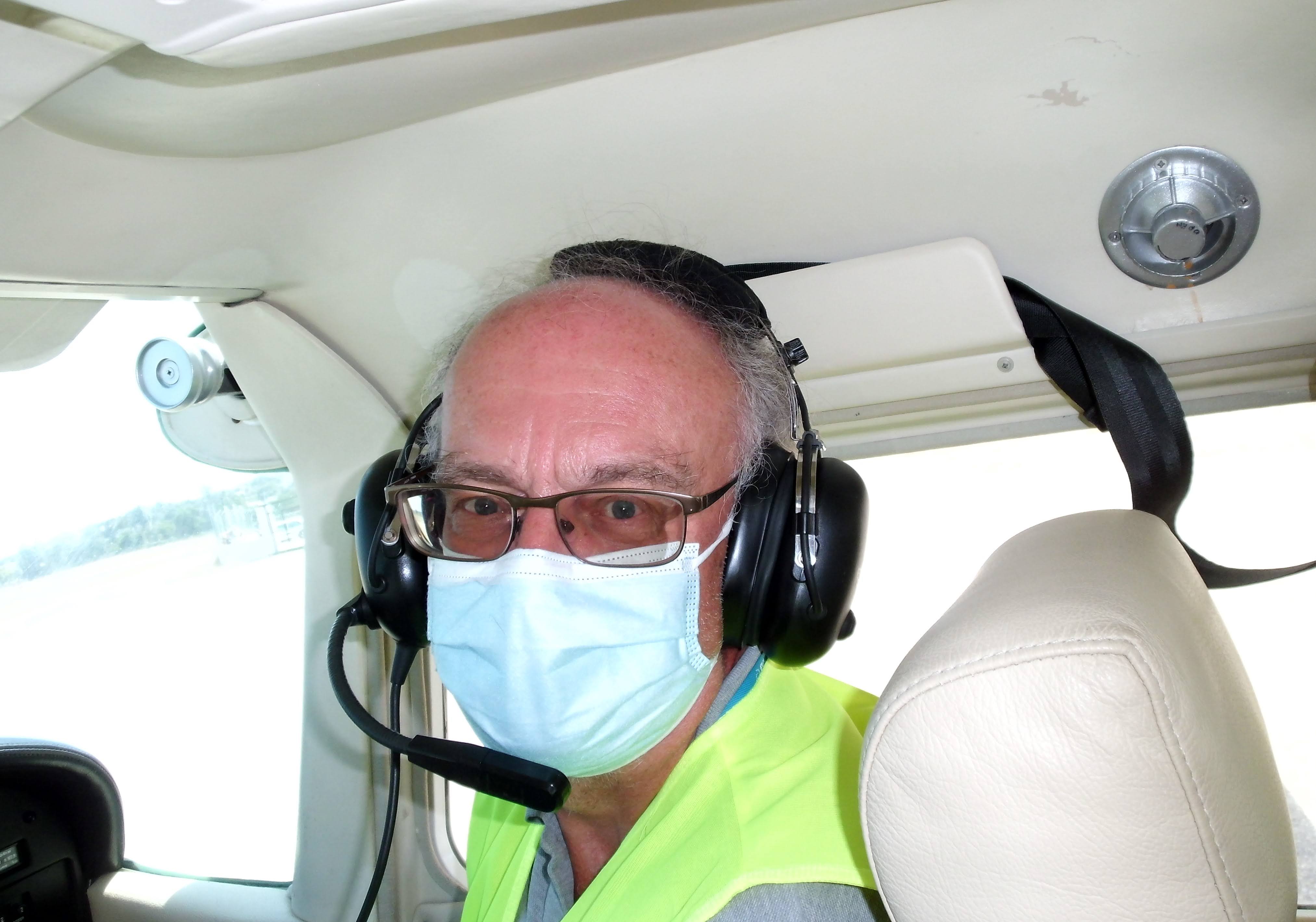September 1939
-
- 1: The invasion of Poland by Germany starts at 4:45 a.m.
- 3: Prime Minister Neville Chamberlain announces that Britain is at war with Germany.
- 3: SS Athenia, a British cruise ship en route from Glasgow, UK, to Montreal, Canada, is torpedoed by the German submarine U-30 250 miles (400 km) Northwest of Ireland. 112 passengers and crew members are killed. The "Battle of the Atlantic" starts.
- 3: Ireland's Taoiseach Éamon de Valera declares the nation's neutrality.
- 3: German authorities order u-boats to immediately take action against all British ships, but sparing French ships and in strict observance of prize rules
- 3: The Polish destroyer ORP Wicher and the minelayer ORP Gryf are sunk in the Polish port of Hel by the Luftwaffe, making them the first warships to be sunk in the war.[31]
- 3: In Britain's first military action, the Royal Air Force's Bomber Command sends out 27 planes to bomb the Kriegsmarine, but they turn back before having been able to find any targets. Overnight ten Whitleys made the first of many 'nickel raids' in Bremen, Hamburg and the Ruhr in which the planes dropped around propaganda leaflets.
- 4: In the first British raid of the war, the Royal Air Force's send 15 Blenheim bombers to launch a bombing raid on the German fleet in the Heligoland Bight. They target the German pocket-battleship Admiral Scheer and the light cruiser Emden anchored off Wilhelmshaven. Seven aircraft are lost in the attack and, although the Admiral Scheer is hit three times, all of the bombs fail to explode.
- 4: The first advance parties of the British Expeditionary Force arrive in France.
- 5: The British freighter SS Bosnia becomes the first merchant ship sunk in the battle of the Atlantic when it gets targeted off the coast of Portugal by the u-boat U-47.
- 5: The United States publicly declares neutrality.
- 6: South Africa, now under Prime Minister Jan Smuts, declares war on Germany.
- 6: In the so-called battle of Barking Creek, a friendly fire incident, due to the misidentification as hostile of an incoming team of eleven Hurricanes, two aircraft are shot down and the first British fighter pilot killed.
- 10: Canada's Prime Minister W. L. Mackenzie King declares war on Germany.
- 10: The first submarine is sunk in the conflict when the British submarine HMS Triton mistakenly takes for an U-boat the British submarine HMS Oxley and torpedoes it, leaving only two survivors.
- 16: The first eastbound transatlantic convoy sets sail from Halifax, Canada, towards Liverpool, UK. 357 such HX convoys will follow.
- 17: The Soviet Union invades Poland from the east.
- 17: The British aircraft carrier HMS Courageous is torpedoed and sunk by U-29 on patrol off the coast of Ireland, causing the death of 514 aboard; it represented the first major warship to be sunk in the war.
- 18: Polish President Ignacy Mościcki and Commander-in-Chief Edward Rydz-Śmigły leave Poland for Romania, where they are both interned.
- 26: The Luftwaffe attacks the Home Fleet between Scotland and the Skaggerak with limited success; on the occasion a Dornier Do 18 is shot down by a Fleet Air Arm Blackburn Skua from the aircraft carrier HMS Ark Royal, making it the first German plane shot down by the British.
- 28: The remaining Polish army and militia in the centre of Warsaw capitulate to the Germans.
Wikipedia

